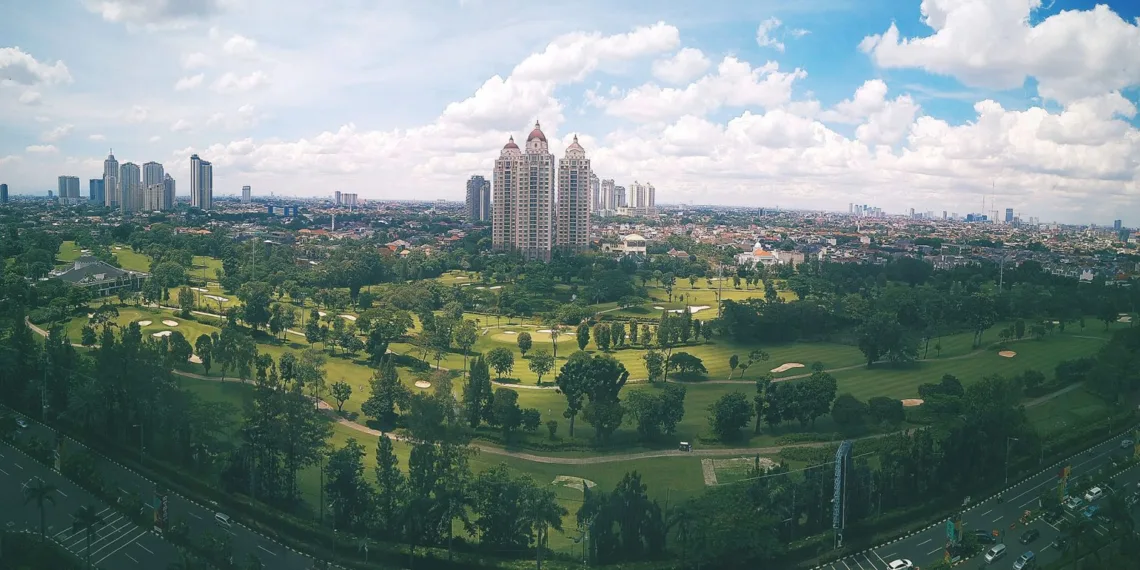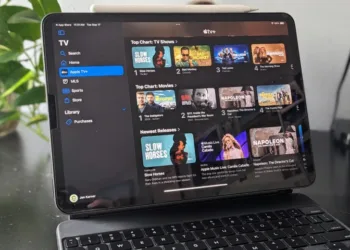Apple has a reputation for being tough in negotiations; however, the Indonesian government has proven itself to be a formidable opponent as well.
After the government prohibited the sale of the iPhone 16 due to claims that Apple had not sufficiently invested in the local economy, Apple countered by proposing to boost its manufacturing investment from $10 million to $100 million. In a dramatic turn, Indonesia is now pushing for an investment of $1 billion within a week…
The Ban on iPhone 16 Sales
Apple’s initial investment in Indonesia included a $109 million contribution to a developer academy, as well as an additional $10 million for manufacturing. However, the Indonesian government asserts that Apple fell short of its initial promise by investing only $95 million, which led to the ban on iPhone 16 sales.
The shortfall of $14 million (approximately 230 billion rupiah) has hindered the Indonesian Ministry of Industry from issuing the necessary IMEI (International Mobile Equipment Identity) certifications, which are crucial for selling these devices in the nation.
Apple’s Increased Manufacturing Commitment
In response, Apple proposed a ten-fold increase in its manufacturing budget from $10 million to $100 million.
The specific details of this investment are still ambiguous. It might involve collaboration with Foxconn to set up assembly plants for iPhones and iPads in Indonesia, or it could include engaging other supply chain partners to manufacture components for Apple devices. The government has indicated that the latter strategy would also be acceptable.
Initially, the government responded with expectations for a greater investment, although a specific figure was not mentioned at that time.
Now, Indonesia Seeks $1 Billion
However, a recent report from Reuters indicates that the country is now aiming for yet another ten-fold increase, seeking a $1 billion investment commitment.
The Indonesian government is expecting a $1 billion investment pledge from Apple within a week, as stated by its investment minister on Tuesday, following the prohibition on iPhone 16 sales for non-compliance with local content regulations […].
“Any entity benefiting from sales must invest here and create employment opportunities. The key aspect is the establishment of a global value chain in the country, as this will attract suppliers,” remarked Rosan, highlighting that this investment requirement forms part of a preliminary phase.
With a population nearing 280 million and steadily improving economic conditions, Indonesia holds significant potential as a growth market for Apple. The timeline for fulfilling this commitment remains unspecified, suggesting that Apple could meet the government’s demands over the course of several years.











